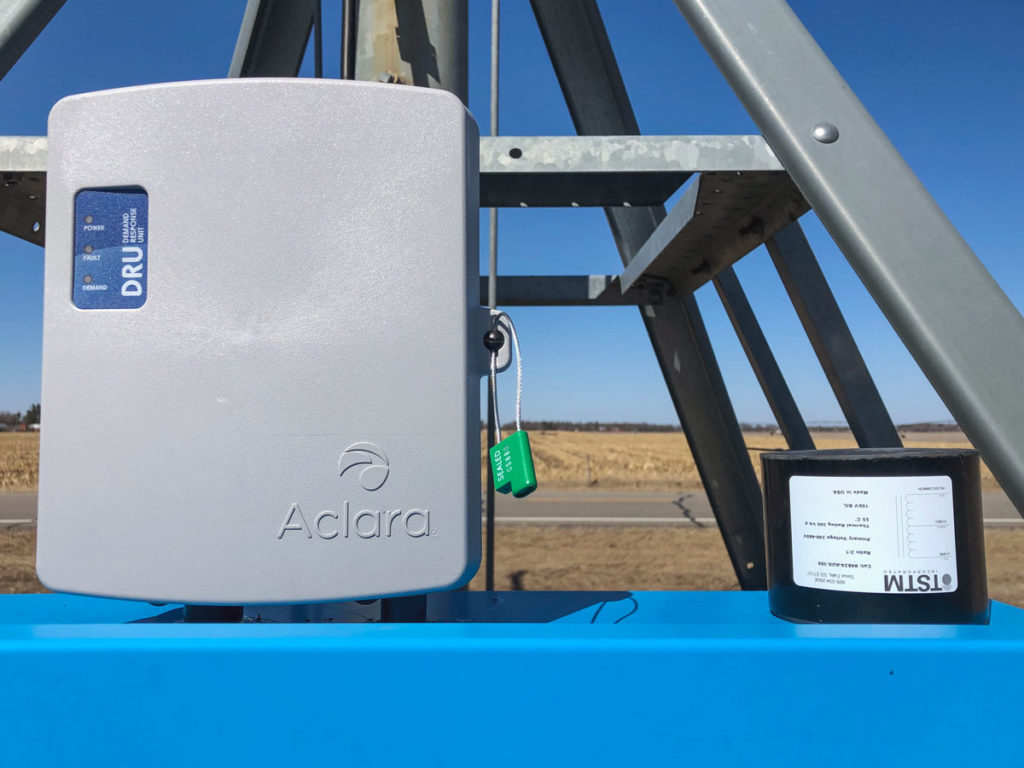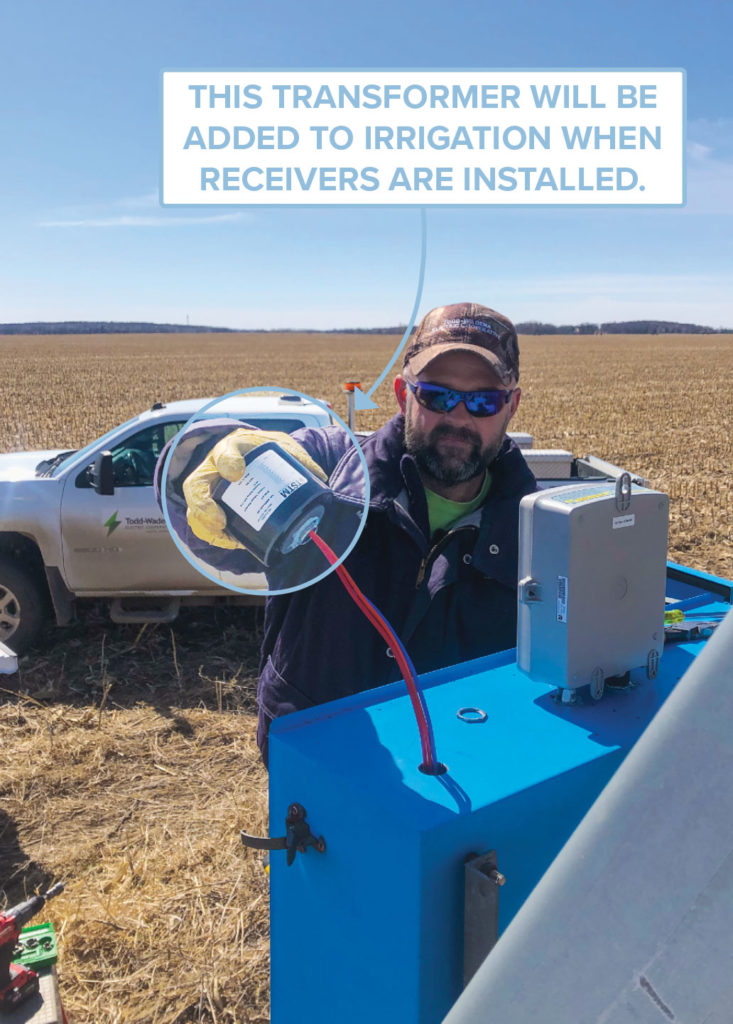
Over the next five years, Todd-Wadena Electric Cooperative (TWEC) plans to change out all load management receiver units. Members enrolled in one or more of the Cooperative’s load management programs will have their outdated Comverge unit replaced with a new Aclara receiver.
These receivers are essential for TWEC’s load management programs. They work by allowing the Cooperative to control energy usage for water heaters and heating systems during times of peak demand. In exchange for participating in the load management programs, members receive credits or lower electric rates. The Cooperative’s ability to manage energy usage with these devices is made possible by the receiver wired on the outside of a member’s home.
“By utilizing these programs, we are able to shave the peak of demand when energy is most expensive, thus giving our members great rates,” explains Allison Uselman, Member and Energy Services Manager at TWEC. “These load management programs also played an important role during this February’s polar vortex where shaving the peaks contributed to our system’s reliability.”

The Comverge units currently in place are no longer going to be supported in the future. As a result, TWEC is switching to the Aclara receiver. One of the major benefits of this change out is more reliable communication to the unit. Unlike the Comverge units, which relied on radio frequency to send messages, the Aclara units utilize power lines to convey control messages to the receiver.
Another improvement with the Aclara receivers is the temperature rating of the box. In past polar vortex situations, TWEC encountered times when the relays would freeze in the receiver and members’ controlled electric items would not turn on. This was especially problematic when it was 30 degrees below zero and the heat wasn’t coming back on. The new Aclara units are rated to negative forty degrees.
There were also times when radio frequency was obstructed and the receivers missed the start or stop messaging affecting their efficacy. TWEC expects to see a large improvement in efficacy percentages once the receivers are switched over.
Todd-Wadena currently has approximately 5,000 Comverge units in the field with a scheduled end of life in January 2026. The Cooperative will start the change out process with irrigators, and then begin working on residential change outs in September.
